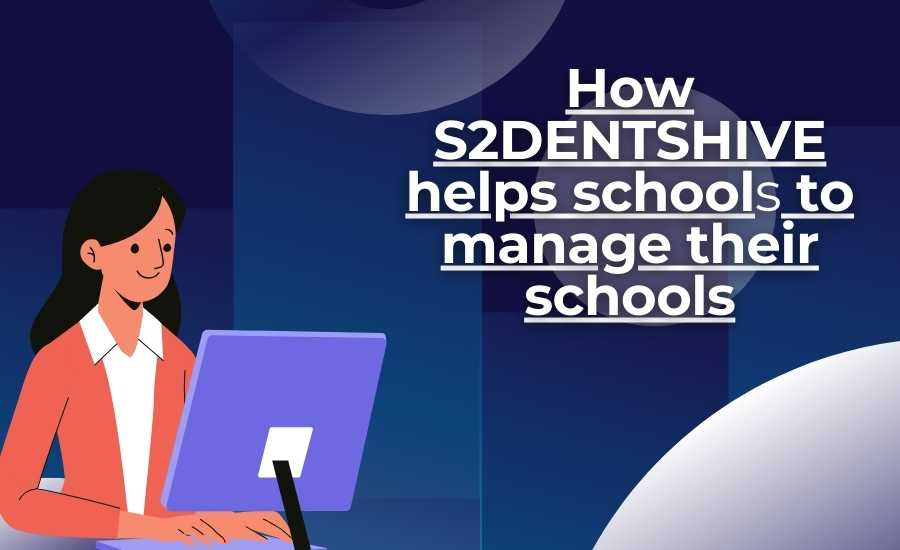
A School Management System (SMS) is a comprehensive software solution designed to streamline the administrative, academic, and financial functions within educational institutions. Here are several ways in which a School Management System helps schools:
-
Automating Administrative Tasks: SMS automates routine administrative tasks such as student admissions, attendance management, staff management, timetable scheduling, and examination management. This automation reduces the manual workload on administrative staff, allowing them to focus on more strategic tasks.
-
Efficient Communication: SMS facilitates communication between various stakeholders including teachers, students, parents, and administrators. It allows for instant messaging, email notifications, and announcements, keeping everyone informed about important events, deadlines, and updates.
-
Centralized Data Management: SMS centralizes all data related to students, staff, courses, and other school-related information. This centralized database makes it easy to access and manage information, reducing the likelihood of errors and duplication.
-
Improved Attendance Tracking: With SMS, schools can easily track student attendance using biometric systems, RFID cards, or mobile apps. This helps in monitoring student presence, identifying patterns of absenteeism, and improving overall attendance rates.
-
Academic Performance Monitoring: SMS provides tools for tracking and monitoring students' academic performance, including grades, assignments, and assessments. Teachers can input grades, generate progress reports, and identify areas where students may need additional support.
-
Parental Engagement: SMS enhances parental engagement by providing parents with access to their child's academic progress, attendance records, and school-related information. Parents can stay updated on their child's performance and communicate with teachers and administrators as needed.
-
Resource Management: SMS helps in managing school resources such as classrooms, laboratories, libraries, and equipment. It enables efficient allocation of resources, scheduling of facilities, and tracking of inventory.
-
Financial Management: SMS simplifies financial management tasks such as fee collection, billing, payroll processing, and expense tracking. It generates financial reports, facilitates online fee payment, and ensures transparency in financial transactions.
-
Customization and Scalability: Many SMS platforms offer customization options to meet the specific needs of individual schools. They are also scalable, allowing schools to add new features or expand their user base as needed.
-
Enhanced Security: SMS provides robust security features to protect sensitive school data and ensure compliance with data protection regulations. It offers role-based access control, data encryption, and regular backups to safeguard against data loss or unauthorized access.
Overall, a School Management System plays a crucial role in enhancing efficiency, communication, and transparency within educational institutions, ultimately contributing to improved student outcomes and organizational effectiveness.